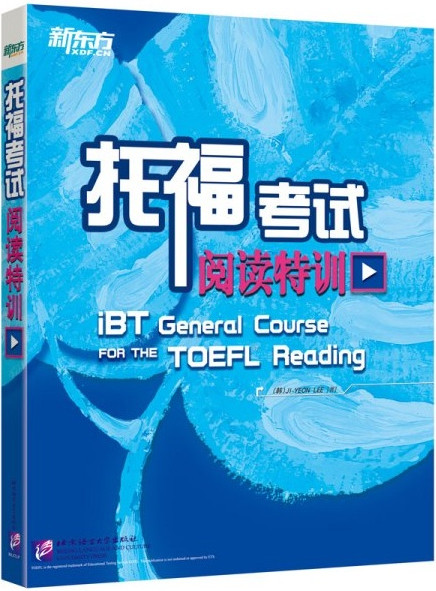1. Students should spend a year to travel or to work before they go to college.
2. Some people think it is the best approach for students to learn if schools start a day at an early time. But others think the school starts the day at late time. Which one do you prefer?
3. Children rely too much on the technology, like computers, smart phones, video games for fun and entertainment. Playing simpler toys or playing outside with friends would be better for children%22s development.
4. The main role of a university professor is to educate students rather than to do research.
5. Workers would be happier if they are doing different types of tasks during their workday than doing the same task.
6. The best leader should spend more time listening to other people%22s ideas than talk his own ideas.
7. Competition between friends usually negatively impacts friendships.
8. It is important to know what is happening around the world, even if it does not affect your personal lives.
9. Only movies that can teach us something about real life is worth watching
10. It is often not a good idea to move to a new city or a new coutnry because you will lose old friends.
11. Scientists have been working to make technology easier and more human friendly. How do you think has technology affected our lives?
12. People living in small towns or villages are more satisfied with their lives than those living in big cities.
13. It is important for the government to provide money for things that are beautiful not just for things that are practical.
14. In the past, people were more interested in improving their neighborhoods than they are today.
15. It is easier for people to become educated today.
16. The environmental issue is too complex to be handled by the individual.
17. Governments have done enough to educate people the importance of a balanced lifestyle and healthy eating.
18. What is the most important action for the government to solve environmental problems?
1) funding research on new energy sources such as solar and wind power;
2) protecting the forest and wildlife;
3) passing and enforcing laws to reduce the pollution;
- 06-05·2018年6月30日托福写作机经预测
- 05-29·2018年6月10日托福写作机经题目
- 05-29·2018年6月2日托福写作机经精准预测
- 05-28·2018年6月23日托福写作机经精准预测
- 05-17·2018年5月26日托福写作机经精准预测
- 06-052018年6月30日托福写作机经预测
- 05-282018年6月23日托福写作机经精准预测
- 05-172018年5月26日托福写作机经精准预测
- 05-162018年5月19日托福写作机经精准预测
- 04-252018年5月6日托福写作机经大范围预测
编辑推荐
- 模拟试题
- 历年真题





